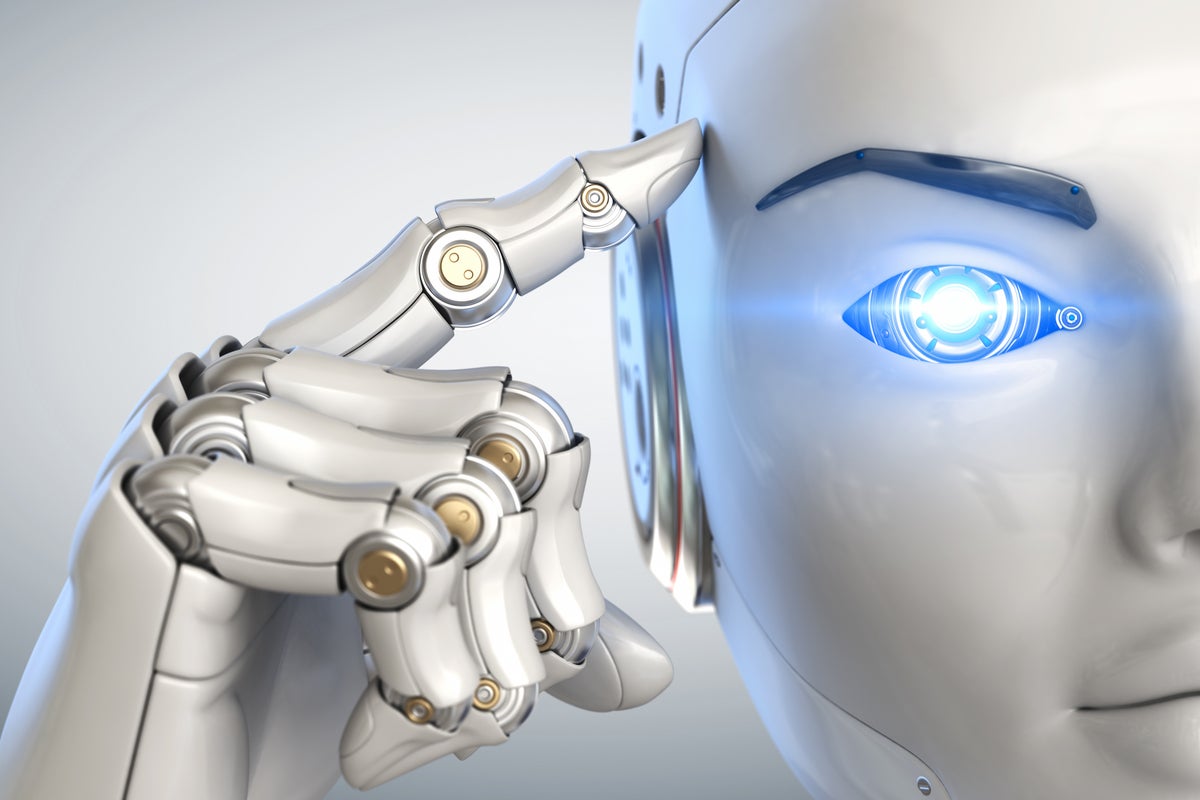Over the next two years, generative artificial intelligence (genAI) will compel organizations to address a variety of rapidly evolving issues, from data security to tech review boards, new services, and most importantly, upskilling employees.
By 2027, AI will account for 29% of organizational spend, according to IDC President Crawford Del Prete, who spoke at the IDC Directions conference in Boston.
This year alone, the average enterprise will invest $28 million dollars in genAI initiatives, based on data from a February IDC survey. In total, organizations will spend $150 billion on genAI tech initiatives by 2027, with a total economic impact of $11 trillion, according to IDC.
Similarly, through 2026, tech providers expect to allocate 50% of R&D staffing and capex investments toward AI and automation. Forty percent of services engagements will also include genAI-enabled delivery, triggering a shift in human-delivered services.
“Enterprises are going to be going through a foundational shift; that includes hardware, software and data centric platforms,” Del Prete said.
IDC/Lucas Mearian
Through 2025, 75% of organizations are expected to create AI implementation review boards; 40% will be looking to increase their outsourced AI services, including AI delivery; and 40% of new applications are expected to be more intelligent, as developers incorporate genAI to enhance existing and new use cases, according to a recent CIO survey by IDC.
“Over the last year, most organizations debated creating Chief AI Officers and centers of excellence to decide how to embed AI and create new business centers for new AI-enabled products and services,” said Rick Villars, group vice president of IDC’s Worldwide Research division.
IDC
On stage at IDC Directions, from left to right: IDC Group Vice President of Worldwide Thought Leadership Philip Carter; Group Vice President of Worldwide Research Rick Villars; and IDC President Crawford Del Prete.
CIOs are also rethinking their capital investment plans and staffing needs based on AI initiatives, according to Villars, including how AI will affect an organization’s long-term revenue and profitability.
Most organizations are likely to choose a hybrid approach to building out their AI plans — that is, companies will partner with service providers while also customizing existing AI platforms such as ChatGPT, as well as building their own proprietary, but smaller, AI models for specific use cases.
“All applications you buy will become more intelligent…, but make sure to not be redundant with the applications you’re building in house,” Del Prete warned. “That will be a big, big part in efforts going forward.”
In fact, 60% of enterprises will likely underperform on their genAI initiatives by failing to engineer connections between data, AI models, and the genAI applications they adopt or create.
The top five challenges to AI adoption will be:
Measuring the ROI of AI…
2024-03-20 07:00:03
Article from www.computerworld.com



















